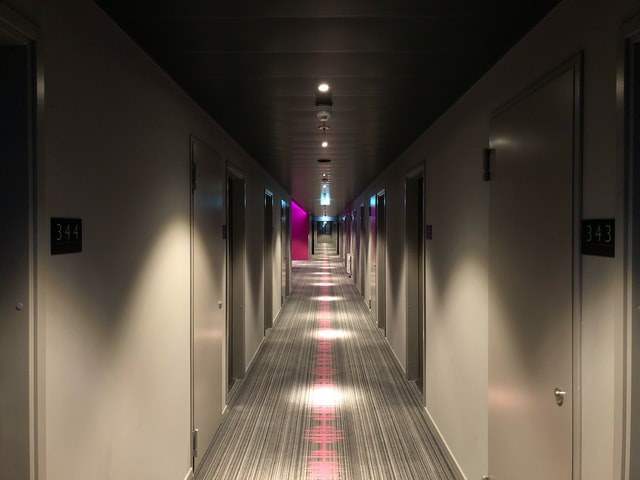Several pallet shelters have been going up around Southern California to aid in housing the homeless, including in Riverside, the San Fernando Valley, and Redondo Beach. Wilmington is the newest addition, with 75 structures expected to be finished sometime this month.
Pallet shelters, while considered temporary housing, have several advantages over more permanent structures. Notably, it only costs $5000 to build a pallet shelter. It may seem inexpensive to convert existing buildings, but the truth is, it’s costly to modify buildings that aren’t meant as residences to accommodate living quarters. Pallet shelters are designed as residences from the get-go, meaning they’re more similar to traditional housing and feel more like a place to live, rather than a place to seek temporary shelter. They also offer more privacy than 100-resident shelters.
The Wilmington project is also designed to instill a sense of community. While the individual shelters are private, the area itself is public and includes communal areas for the residents to interact with each other and friends from outside. Food will be catered to the site. The site will be overseen by The Salvation Army and they will provide case workers and housing counselors.




